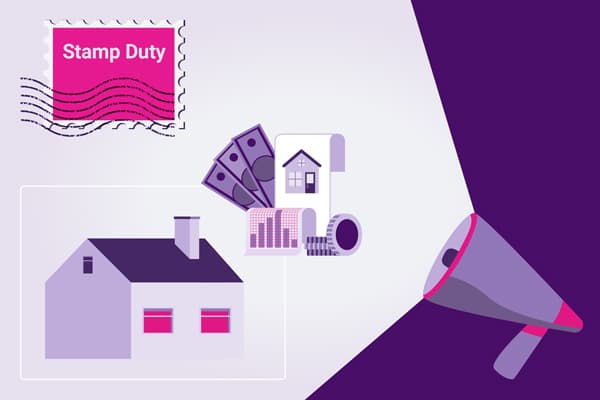Liz Truss' Stamp Duty Cut: Impact & Beneficiaries
A look at the recent changes to Stamp Duty thresholds announced in the mini-budget and what impact it will have on home buyers.

A look at the recent changes to Stamp Duty thresholds announced in the mini-budget and what impact it will have on home buyers.

Compare moving quotes in 4 simple steps